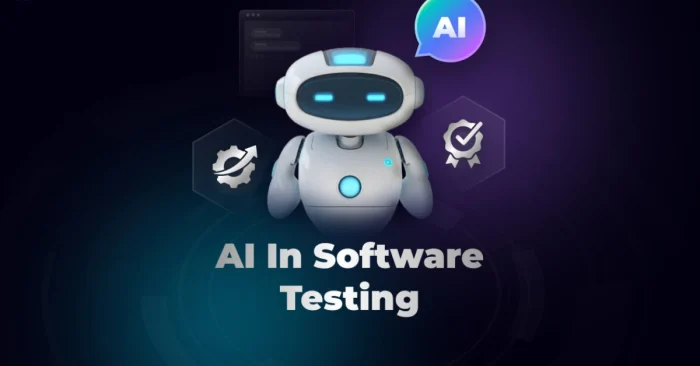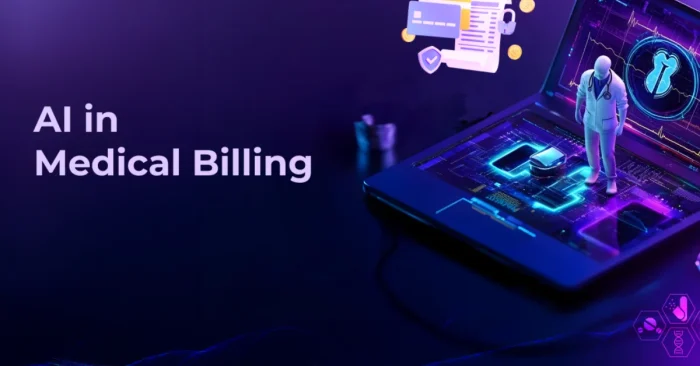Overview
AI tools for software testing help developers and QA teams improve testing efficiency, accuracy, and coverage. These tools use machine learning, natural language processing, and predictive analytics to automate test case generation, detect bugs, and optimize testing workflows. By learning from past test results and user behavior, AI ensures that critical defects are identified quickly. Small businesses benefit by reducing manual testing costs, while larger enterprises can scale testing across complex systems. AI-driven software testing enhances speed, reduces human error, and ensures high-quality software releases, making it a vital component of modern DevOps and agile practices.
1. AI in Test Case Generation
AI tools automatically generate test cases by analyzing source code, requirements, and user flows. This reduces manual effort and ensures broader test coverage, making testing more efficient.
2. AI for Test Case Prioritization
Machine learning models identify high-risk areas of the software and prioritize test cases that are more likely to uncover defects. This helps teams focus on critical functionalities first.
3. AI in Automated Regression Testing
AI tools run regression tests automatically after code changes, identifying potential breakages. By analyzing code history and past failures, they optimize which tests should run, saving time and resources.
4. AI for Visual Testing
AI-powered visual testing tools compare screenshots and user interfaces to detect unexpected changes. They can identify misalignments, broken layouts, and color mismatches that human testers may overlook.
5. AI in Performance Testing
AI monitors application performance under load by predicting bottlenecks and simulating real-world traffic patterns. This ensures software remains stable, scalable, and reliable under stress.
6. AI for Defect Prediction
AI models predict which modules or components are more prone to defects based on code complexity, history, and patterns. This proactive approach reduces bugs in production.
7. AI in Natural Language Test Automation
Some AI testing tools allow users to write test cases in plain English. The AI translates these into automated scripts, making testing more accessible to non-technical team members.
8. AI for Test Data Generation
AI creates synthetic test data that mimics real-world scenarios, ensuring privacy while providing accurate conditions for testing. This is especially useful for financial and healthcare applications.
9. AI in Continuous Testing
AI integrates with CI/CD pipelines to enable continuous testing during development. Automated feedback ensures faster releases while maintaining high-quality standards.
10. AI for Root Cause Analysis
AI tools analyze test failures and logs to identify root causes, reducing debugging time. They highlight specific lines of code, dependencies, or configurations responsible for errors.
(FAQs)
Q1: Can AI completely replace manual software testing?
No. While AI automates many repetitive tasks, human testers are essential for exploratory, usability, and domain-specific testing.
Q2: Do AI testing tools integrate with DevOps workflows?
Yes. Most AI-powered testing tools integrate with CI/CD pipelines, GitHub, Jira, Jenkins, and other DevOps platforms.
Q3: Are AI software testing tools cost-effective?
Yes. They reduce manual testing costs, accelerate testing cycles, and minimize post-release defects, making them highly cost-efficient.
Learn More About AI Course https://buhave.com/courses/learn/ai/






